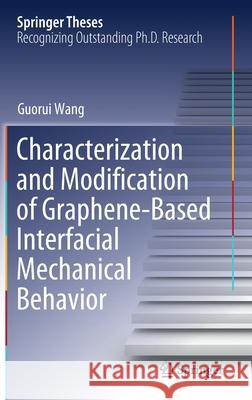Characterization and Modification of Graphene-Based Interfacial Mechanical Behavior » książka
topmenu
Characterization and Modification of Graphene-Based Interfacial Mechanical Behavior
ISBN-13: 9789811580284 / Angielski / Twarda / 2020 / 139 str.
Characterization and Modification of Graphene-Based Interfacial Mechanical Behavior
ISBN-13: 9789811580284 / Angielski / Twarda / 2020 / 139 str.
cena 605,23
(netto: 576,41 VAT: 5%)
Najniższa cena z 30 dni: 578,30
(netto: 576,41 VAT: 5%)
Najniższa cena z 30 dni: 578,30
Termin realizacji zamówienia:
ok. 16-18 dni roboczych.
ok. 16-18 dni roboczych.
Darmowa dostawa!
Kategorie:
Kategorie BISAC:
Wydawca:
Springer
Seria wydawnicza:
Język:
Angielski
ISBN-13:
9789811580284
Rok wydania:
2020
Wydanie:
2020
Numer serii:
000416125
Ilość stron:
139
Waga:
0.40 kg
Wymiary:
23.39 x 15.6 x 1.12
Oprawa:
Twarda
Wolumenów:
01
Dodatkowe informacje:
Wydanie ilustrowane











